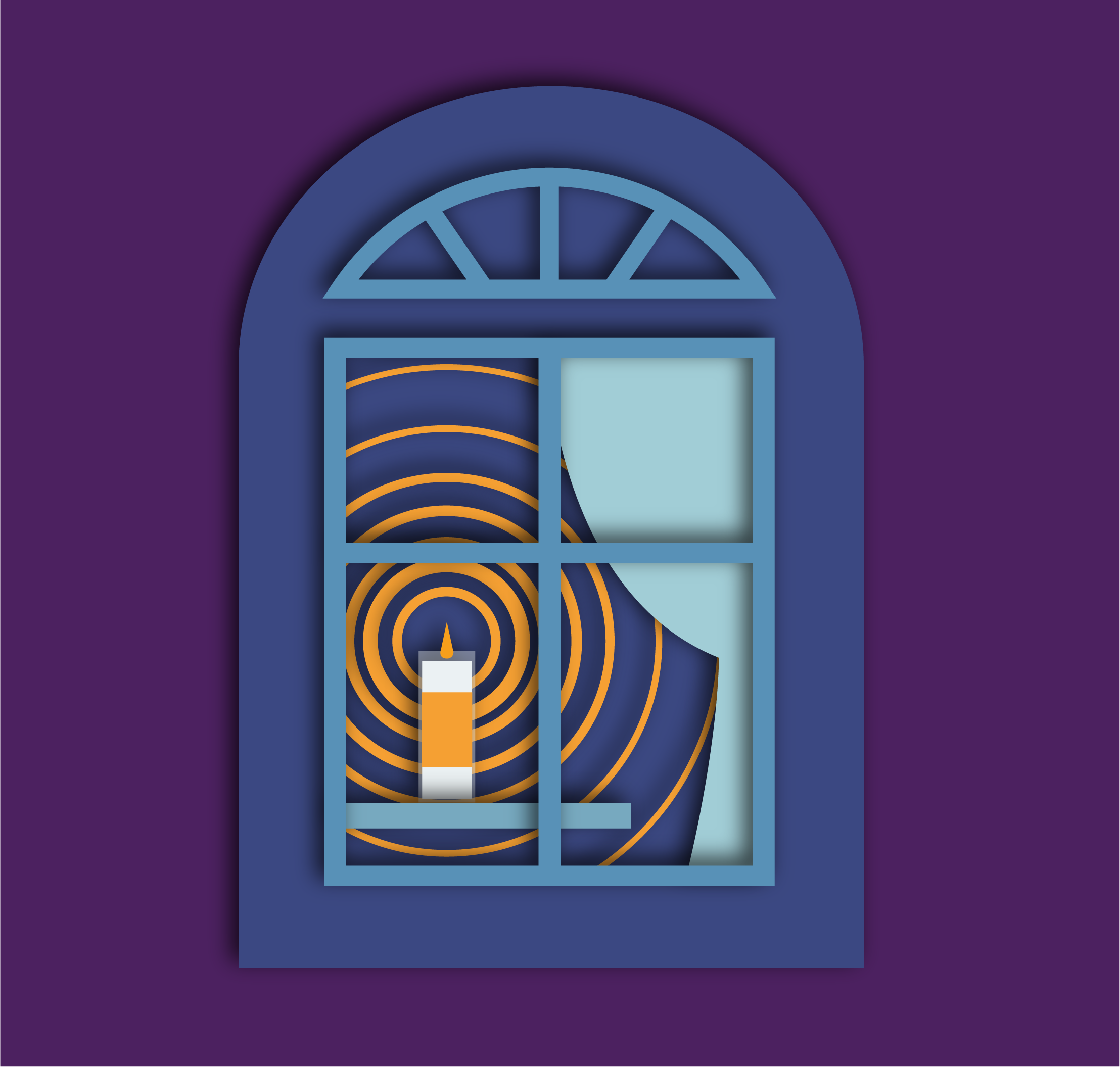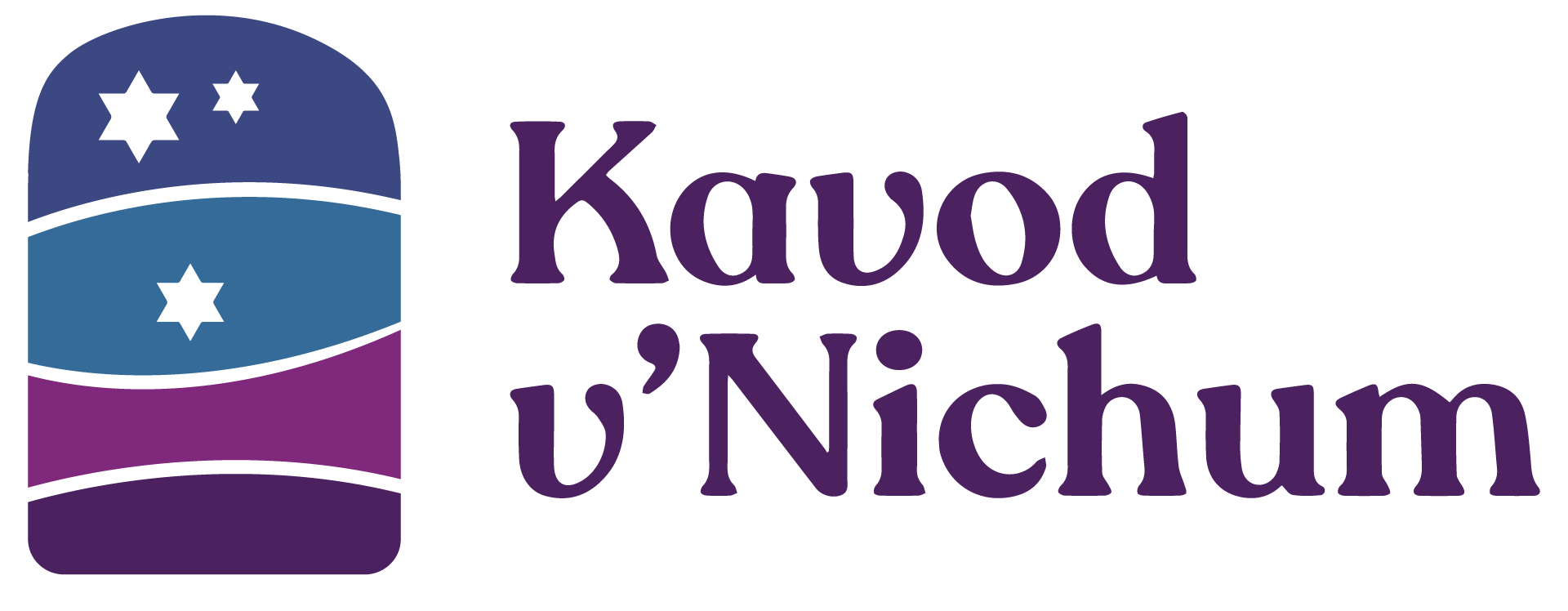
Bikkur Cholim
Visiting the Sick
Bikkur Cholim
Bikkur cholim, refers to the mitzvah, the obligation, to visit and offer aid to the sick. It is considered an aspect of benevolence, selflessness, and loving-kindness. Here, we explore it from the perspective of visiting when death is imminent.
“We walk along with those we serve in the course of their journeys through suffering, illness, change, and joy. Like Miriam, who stood and watched as baby Moses sat in his basket on the banks of the Nile, our greatest gift is sometimes simply being present alongside our people. We join them, at times offering encouragement or concrete help, at other times simply witnessing their endurance, their pain, and with God’s help, their resiliency … We meet the people with whom we work, in the words of the Torah, ba’asher hu sham (where he or she is), in whatever they are experiencing, wherever they are…”
– Rabbi Dayle Friedman, Jewish Pastoral Care, 2nd edition
Bikkur cholim is an act of simple kindness. It is giving of oneself to aid another who is in need of help. Anything we can do to help lessen the suffering of another is a kindness.
One aspect of this holy work of visiting those who are ill is coming to terms with our own health challenges and mortality.
AN INVITATION
Start by trying to understand your personal death awareness by taking a moment and recalling the number of times today you’ve thought about your own — not someone else’s — limited span of life.
Maybe you think about your age and evaluate your own progress towards certain life goals. Or perhaps you briefly experience fear of death. Some days you may act and think as if you’re going to live forever. The purpose of this exercise is to raise your personal death awareness so that you may begin to perceive an entire range of choices about your life and death that you might not have been aware of.
From this perspective of humble awareness of one’s own limitations and mortality, we enter the world of those who are ill and try as best we can to be there to support them, where they are, as they are, as who they are, while they navigate the challenges facing them.
At times, our quiet presence is enough, as an open heart provides tremendous support.
At other times, we might read, sing, or pray with a patient or loved one. Acts of compassion make it possible for us to endure the painful limits and losses.
When visiting someone who is sick, the Mi Sheberach is a common prayer that is said. It is a prayer for healing of body and soul. We wish that those we love not be in pain physically or emotionally.
Vidui
When death is imminent, it is appropriate to include the Vidui (“confession”) prayer in support of the dying person (goses).
Rabbi Stuart Kelman writes, “The traditional function of the Vidui at the end of life is to provide words for the person who is in the process of dying.”
Alison Jordan, RN, MS, MFT, writes, “The Vidui provides an opportunity to unburden a heavy heart, return to a sense of hope for wholeness, and to let go of life peacefully. I continue to seek some understanding of the notion of death as atonement. In the meantime death is seen as a natural and G-d given experience to be encountered and met, hopefully in the comforting presence of others. Wholeness of healing is understood not in physical terms, but as redeeming acceptance, reconciliation, and peace.” Alison’s website Vidui Variations offers a variety of types of Vidui prayer.
The full text of the Vidui prayer
More Vidui prayers by different authors
